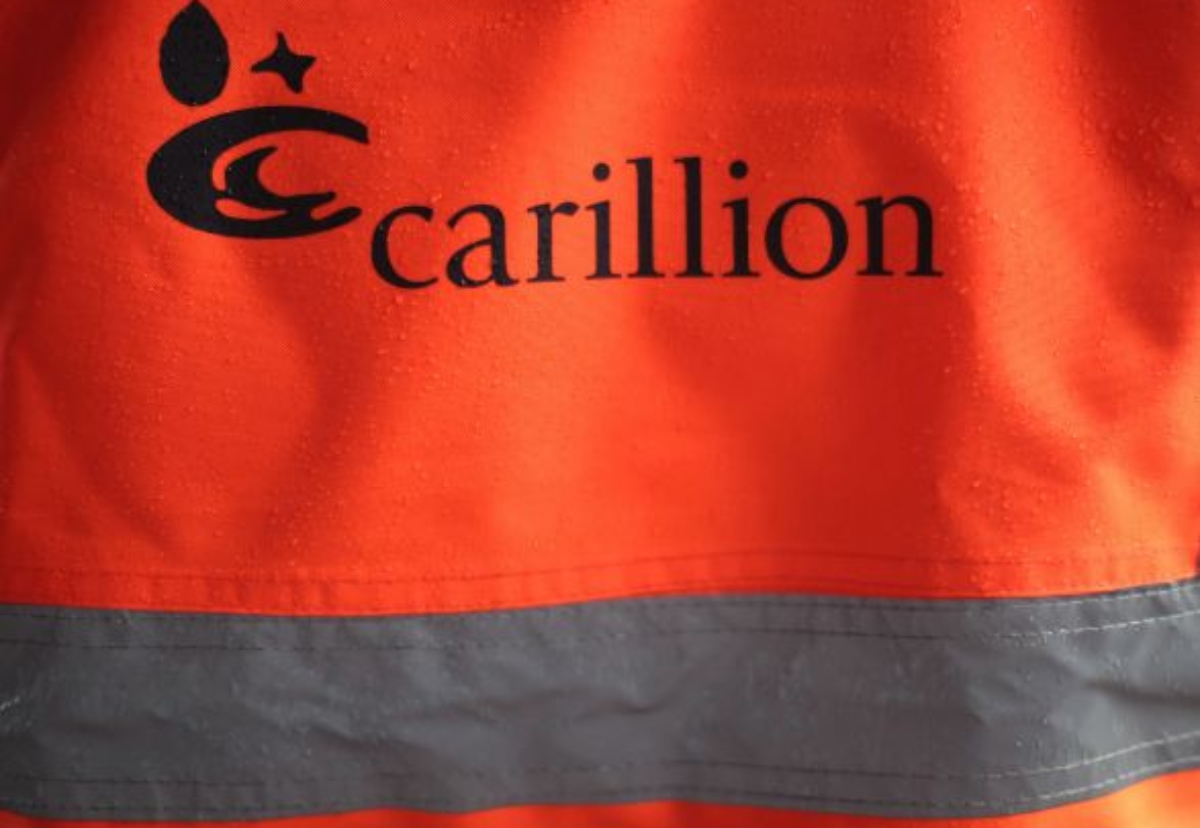The joint committee report says that Carillion exposed the UK’s audit market as a cosy club incapable of providing the degree of independent challenge needed.
It also slams the The Financial Reporting Council and The Pensions Regulator as united in their feebleness and timidity.
Rachel Reeves MP, chair of the joint select committee, said: “The auditors are guilty of failing to tackle the crisis at Carillion, failing to insist the company paint a true picture of its crippling financial problems.
“The sorry saga of Carillion is further evidence that the Big Four accountancy firms are prioritising their own profits ahead of good governance at the companies they are supposed to be putting under the microscope.
“KMPG, PwC, Deloitte and EY pocket millions of pounds for their lucrative audit work – even when they fail to warn about corporate disasters like Carillion.
“It is a parasitical relationship which sees the auditors prosper, regardless of what happens to the companies, employees and investors who rely on their scrutiny.
“The collapse of Carillion exposed terrible failures of regulation. The Government needs to stop dithering and act to ensure regulators are up to the job of intervening before companies fail, rather than trying to pick up the pieces when it is too late.”
The report calls on Government to refer the statutory audit market to the Competition and Markets Authority to consider breaking up the audit arms of the Big Four, or splitting audit functions from non-audit services.
The lack of competition in the audit market creates conflicts of interest at every turn, says the report.
KPMG were Carillion’s external auditors, Deloitte were internal auditors and Ernst and Young were tasked with turning the company around.
PwC variously advised the company, its pension schemes and the Government on Carillion contracts, but was still the least conflicted of the Four.
The report says: “As the Official Receiver searched for a company to take on the job of Special Manager in the insolvency, the oligopoly had become a monopoly and PwC could name its price”.
The committees said that in its failure to question Carillion’s financial judgements and information, KMPG was complicit in the company’s questionable accounting practices, complacently signing off its directors’ increasingly fantastical figures”over its 19 year tenure as Carillon’s auditor.
Deloitte was paid over £10m by the company to act as its internal auditor but MPs conclude they were either unable or unwilling to identify the terminal failings in Carillion’s risk management and financial controls, or too readily ignored them.
Ernst & Young was paid £10.8m for six months of failed turnaround advice.
Among the key regulators, the FRC identified concerns in the Carillion accounts in 2015 but failed to follow them up.
The Committees have little faith in the FRC’s ability to complete its investigations in a timely manner and say its mandate should be changed to ensure that all directors who exert influence over financial statements can be investigated and punished
The Pensions Regulator threatened on seven occasions to use a power to enforce pension contributions that it has never used.
The report said: “These were empty threats – the Carillion directors knew it and got their way.”
The Pension Protection Fund expects a funding shortfall of around £800m, the biggest single hit it will ever have taken.
All the pensioners with schemes in the Fund will receive a reduced level of benefits.
















































 (300 x 250 px) (1).gif)

.gif)





